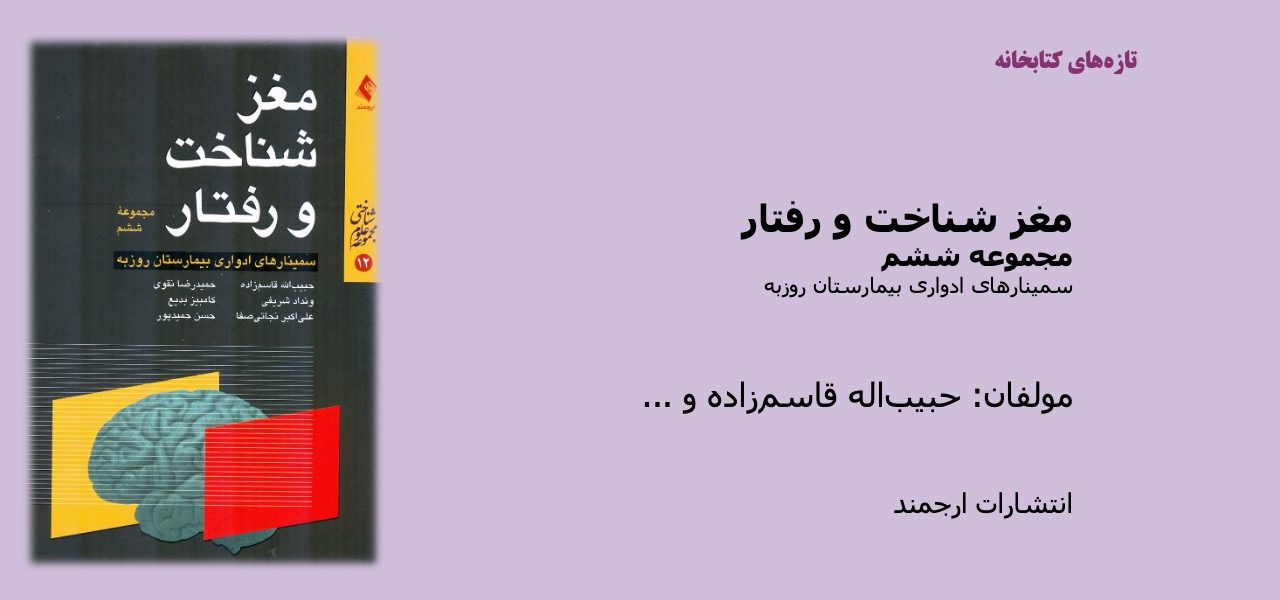
مغز شناخت و رفتار
آنچه اینک پیشروی دارید، ششمین مجموعه از سلسله مقالههای «سمینارهای ادواری مطالعه مغز، شناخت و رفتار» همراه با نقد و تبادل نظر درباره آنهاست. همانگونه که پیشتر توضیح دادهایم، هدف از برگزاری این سمینارها، فراهم کردن فضایی برای بحث و نقد آرا و انتشار یافتههای محققان و صاحبنظران در علوم مرتبط با مغز، شناخت و رفتار بوده است.
مطالعه متن کامل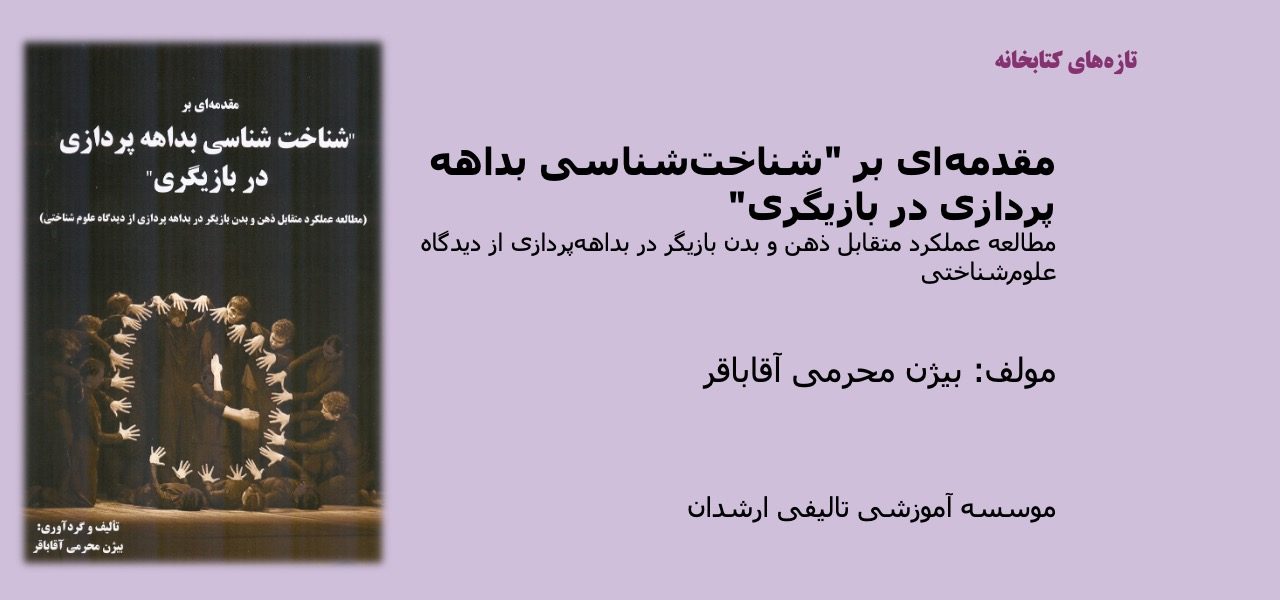
مقدمهای بر “شناختشناسی بداهه پردازی در بازیگری” مطالعه عملکرد متقابل ذهن و بدن بازیگر در بداههپردازی از دیدگاه علومشناختی
تمام چیزی که یک بازیگر دارد خودش است. این خود شامل جسمش، احساساتش، عقلش و سرگذشت و...
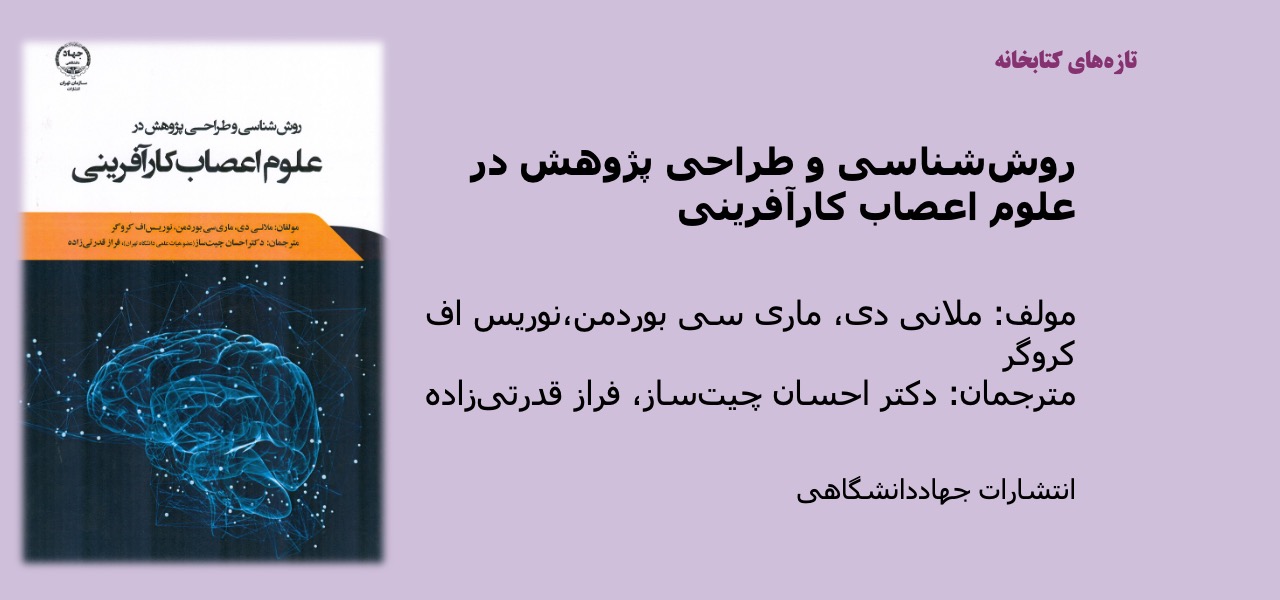
روششناسی و طراحی پژوهش در علوم اعصاب کارآفرینی
در این کتاب خواهید دید که محققان علاقمندی به علوم اعصاب کارآفرینی در سراسر جهان وجود دارند...
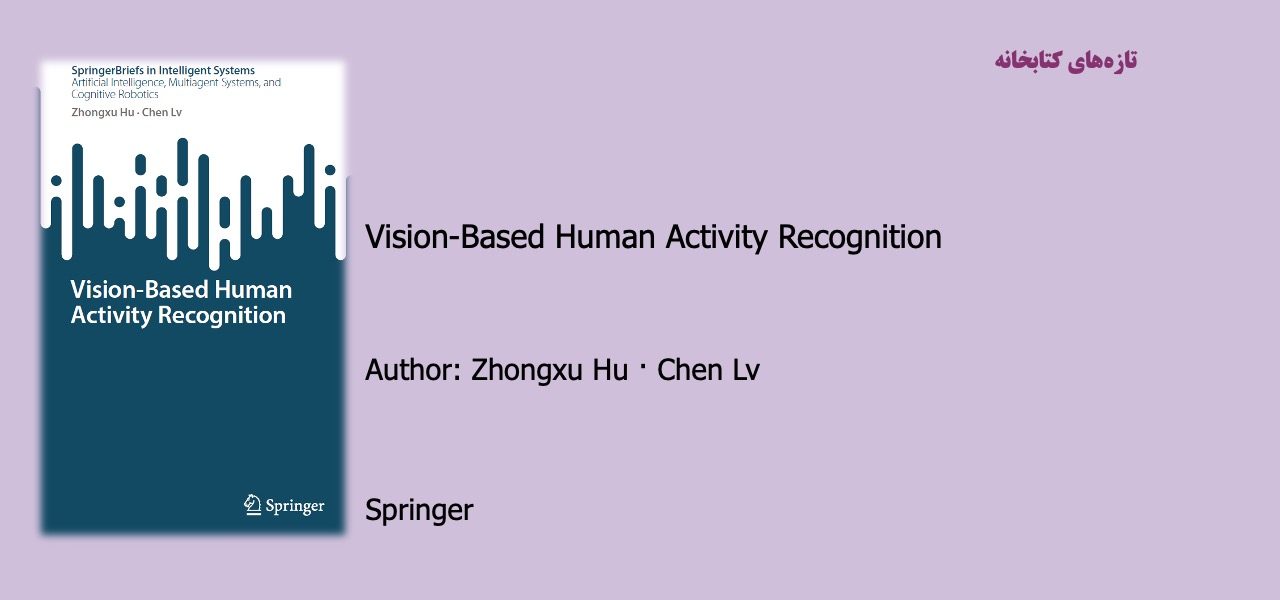
Vision-Based Human Activity Recognition
This book offers a systematic, comprehensive, and timely review on V-HAR, and it covers the related tasks,...
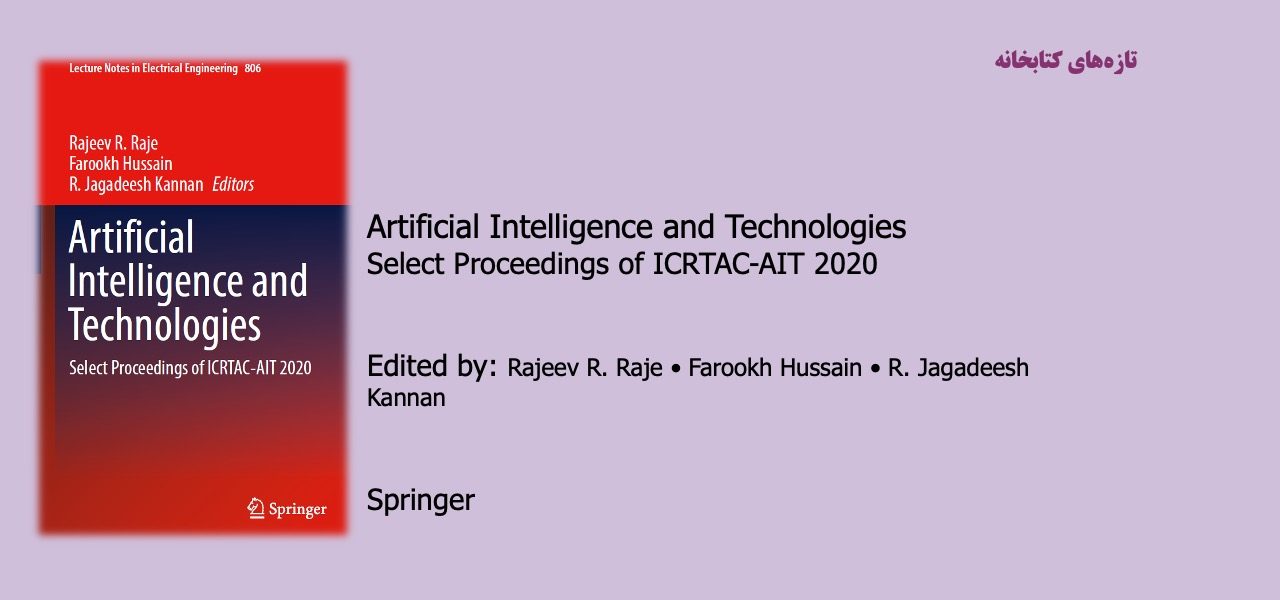
Artificial Intelligence and Technologies
Select Proceedings of ICRTAC-AIT 2020 This book constitutes refereed proceedings of the 3rd International Conference on Recent...

Frontiers in Handwriting Recognition
۱۸th International Conference, ICFHR 2022 Hyderabad, India, December 4–۷, ۲۰۲۲ Proceedings This book constitutes the refereed proceedings...

Artificial Intelligence XXXIX
۴۲nd SGAI International Conference on Artificial Intelligence, AI 2022 This book constitutes the proceedings of the 42nd...
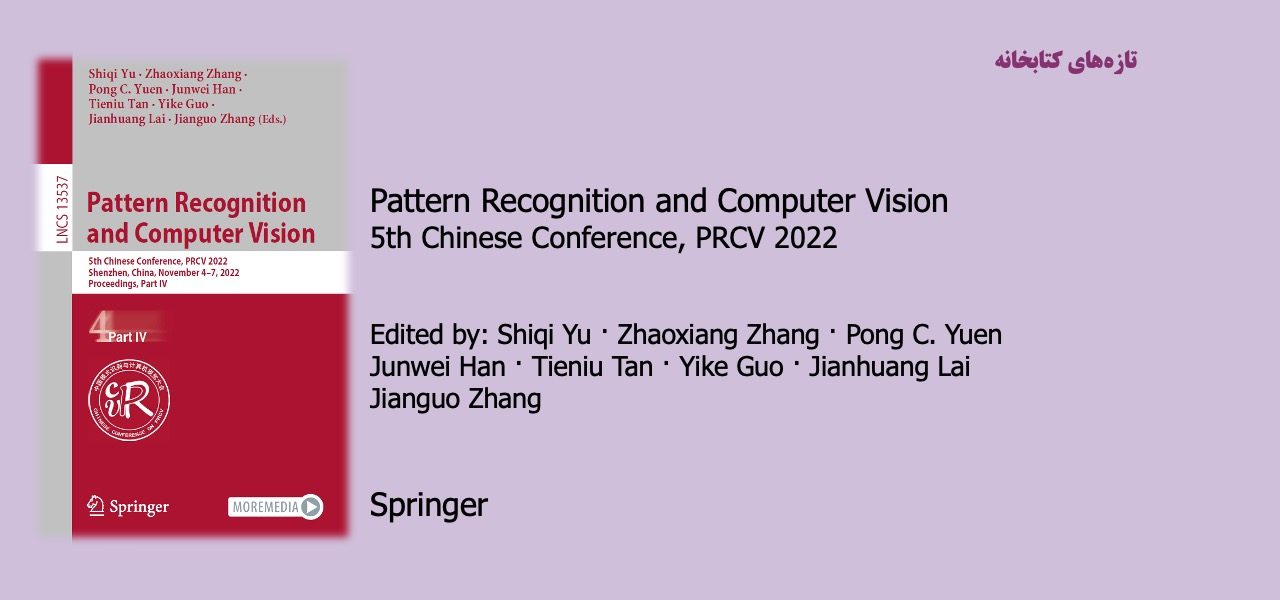
Pattern Recognition and Computer Vision
۵th Chinese Conference, PRCV 2022 The 4-volume set LNCS 13534, 13535, 13536 and 13537 constitutes the refereed...
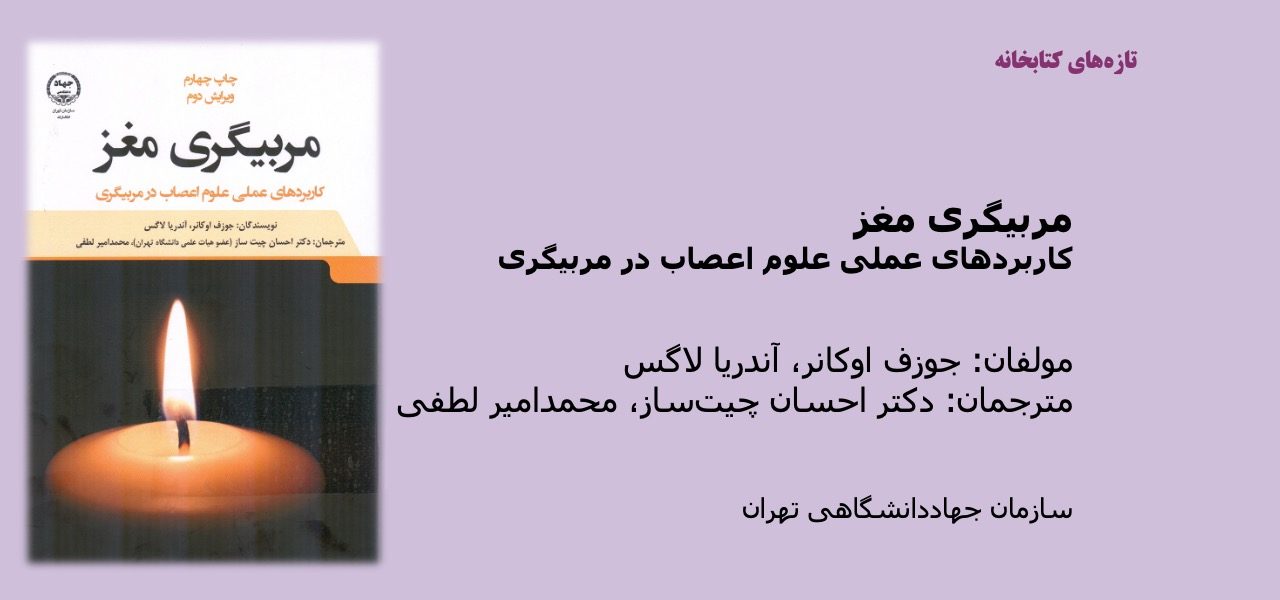
مربیگری مغز: کاربردهای عملی علوم اعصاب در مربیگری
هر کنش ما از رهگذر مغزمان روی میدهد. در کتاب «مربیگری مغز: کاربردهای علوم اعصاب در مربیگری»...

